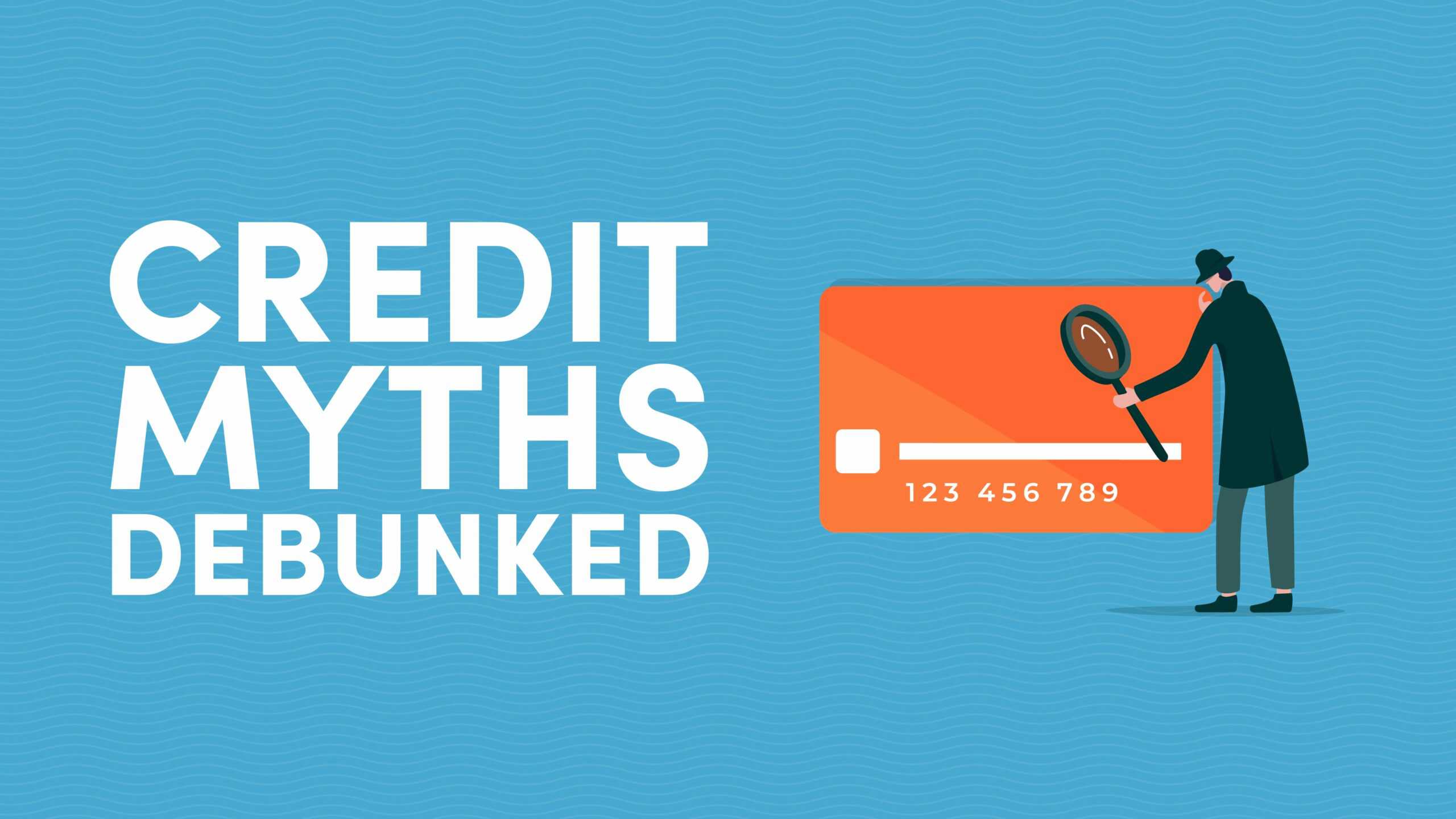
When it comes to credit repair, myths and misinformation are everywhere. From “quick fixes” to misconceptions about credit scores, these myths can lead people down the wrong path or even cause more harm than good. Here, we debunk the top five credit repair myths to give you a clearer understanding of how credit repair really works.
1. Myth: Closing Unused Credit Accounts Will Improve Your Score
Reality: While it may seem logical to close unused credit accounts to boost your score, it can actually have the opposite effect. One major factor in your credit score is credit utilization—the percentage of available credit that you’re using. Closing an account reduces your total available credit, which can increase your credit utilization rate and potentially lower your score. Additionally, the length of your credit history is another important factor, and closing older accounts can shorten your average account age.
Takeaway: Keep unused accounts open, especially those with long histories, to maintain a low credit utilization rate and a longer credit history.
2. Myth: Paying Off Debts Erases Them from Your Credit Report
Reality: While paying off debts is crucial for financial health, it doesn’t automatically remove those debts from your credit report. Accounts that were in collections or had late payments may stay on your report for up to seven years, even after they’re paid. However, once paid off, they’ll be marked as “paid” or “settled,” which is more favorable than “unpaid” or “in collections” and can help improve your score over time.
Takeaway: Paying off debts is always a smart move, but don’t expect immediate removal from your credit report. Instead, expect your score to gradually improve as negative items age and reflect your improved financial responsibility.
3. Myth: You Need to Pay for Credit Repair to Improve Your Score
Reality: Many people assume that hiring a credit repair company is the only way to improve their credit score, but this isn’t true. You have the legal right to dispute errors on your credit report directly with the credit bureaus for free. If there are inaccuracies—like incorrect payment histories or duplicate accounts—you can file a dispute yourself and, in many cases, have them removed without paying a cent.
Takeaway: While professional credit repair companies can be helpful in certain situations (like handling complex issues or saving time), you don’t need to pay to fix errors on your report. DIY credit repair is a viable and cost-effective option if you’re willing to put in the time.
4. Myth: Checking Your Credit Report Will Hurt Your Score
Reality: Checking your own credit report is known as a “soft inquiry,” which does not impact your credit score. Only “hard inquiries” (when a lender checks your credit for a loan or credit card application) can affect your score. Monitoring your own credit report regularly is actually a good habit to maintain, as it helps you catch errors or identity theft early.
Takeaway: Feel free to check your own credit report as often as you’d like. It’s a smart way to stay on top of your financial health without worrying about damaging your score.
5. Myth: You Can Erase All Negative Items from Your Credit Report
Reality: Many credit repair scams promise to erase all negative items from your credit report, but this simply isn’t possible. While it’s true that errors can be removed, legitimate negative items—such as missed payments or accounts in collections—will remain on your report for seven years. The only way to improve your score is to adopt good financial habits, such as paying bills on time, lowering debt, and monitoring your report for accuracy.
Takeaway: Be cautious of anyone who promises a “clean slate” for a fee. Accurate negative items are part of your credit history and will only disappear over time, with consistent effort to rebuild your credit.
Conclusion
Credit repair can be complex, but understanding these myths can help you avoid common pitfalls. Remember that repairing your credit is a process that requires patience and persistence. Stick to good credit habits, monitor your credit report regularly, and don’t fall for quick fixes. By staying informed and avoiding these myths, you’re already on the path to a healthier credit score.
